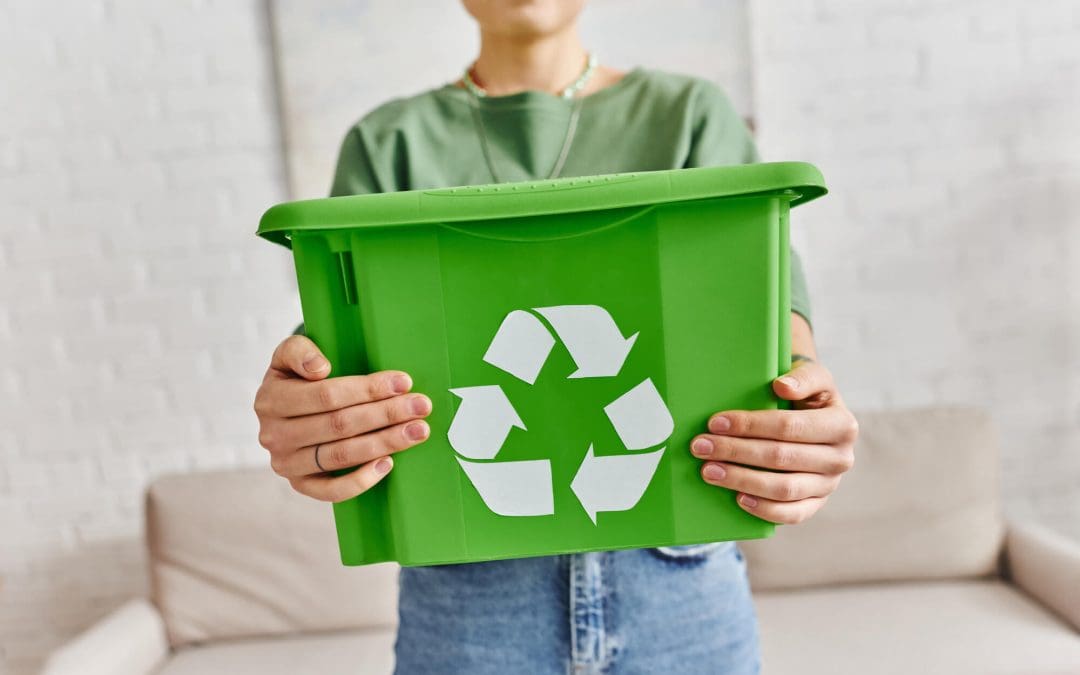Sustainable Living Guide for Homeowners
As a homeowner, you can make environmentally conscious choices that benefit the planet and contribute to a healthier and more cost-effective lifestyle. By incorporating sustainable practices into your daily life, you will reduce your carbon footprint, conserve resources, and create a greener home for you and your family. In this guide, we’ll explore various sustainable living practices to implement in your home.
Energy Efficiency
Improving energy efficiency is one of the most impactful ways to make your home more sustainable. Start by conducting an energy audit to identify areas where energy is being wasted. Seal drafts around windows and doors, upgrade to energy-efficient appliances, and install programmable thermostats to optimize heating and cooling. Investing in renewable energy sources like solar panels significantly reduces your reliance on fossil fuels.
Water Conservation
Conserving water is excellent for both the environment and your utility bills. Install low-flow faucets and showerheads, fix leaks promptly, and replace old toilets with water-efficient models. Collect rainwater for outdoor use and practice smart irrigation techniques, like watering plants in the early morning or late evening to minimize evaporation.
Sustainable Materials and Design for Sustainable Living
When renovating or decorating your home, opt for sustainable materials such as bamboo, reclaimed wood, and recycled glass. Choose eco-friendly paints and finishes low in volatile organic compounds (VOCs) to improve indoor air quality. Incorporating passive design strategies like proper insulation and natural ventilation can reduce the need for artificial heating and cooling.
Waste Reduction and Recycling
Reduce waste by embracing the principles of reduce, reuse, and recycle. Purchase products with minimal packaging, buy in bulk, and compost organic materials like food scraps and yard waste. Set up a convenient recycling system in your home, and recycle paper, plastic, glass, and metal according to local guidelines.
Sustainable Transportation and Mobility
Community Engagement and Advocacy for Sustainable Living
Get involved in your community by supporting local environmental initiatives, volunteering for clean-up events, and advocating for sustainable policies at the local and state levels. Joining or starting a neighborhood sustainability group can also provide support and resources for making your community a greener place to live.
By implementing these sustainable living practices, you’ll make a meaningful difference for the environment while enjoying the benefits of a healthier and more cost-effective lifestyle.
FAQs
How much money can I save by making my home more energy-efficient?
The amount of money you can save on energy bills varies depending on factors such as the size of your home, your current energy usage, and the efficiency upgrades you make. However, studies have shown that energy-efficient improvements can lead to significant long-term savings on utility costs.
Are there government incentives available for making sustainable upgrades to my home?
Yes, many government programs offer incentives, rebates, and tax credits for energy-efficient home improvements such as solar panels, energy-efficient appliances, and insulation upgrades. Check with your local utility provider or government agency to see what incentives are available in your area.
How can I dispose of household hazardous waste responsibly?
Household hazardous waste, such as paint, batteries, and cleaning chemicals, should be disposed of properly to prevent environmental contamination. Many communities offer hazardous waste collection events or drop-off locations where you can safely dispose of these materials. Contact your local waste management authority for guidance on how to dispose of household hazardous waste in your area.
Rhode Island Real Estate Inspection Services provides home inspections to customers in Rhode Island. Contact us to schedule an appointment for our services.

